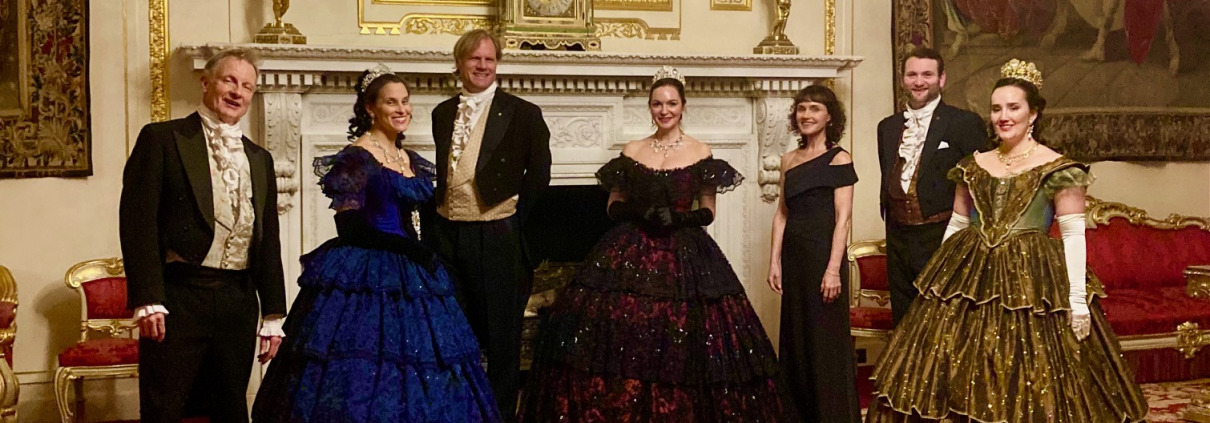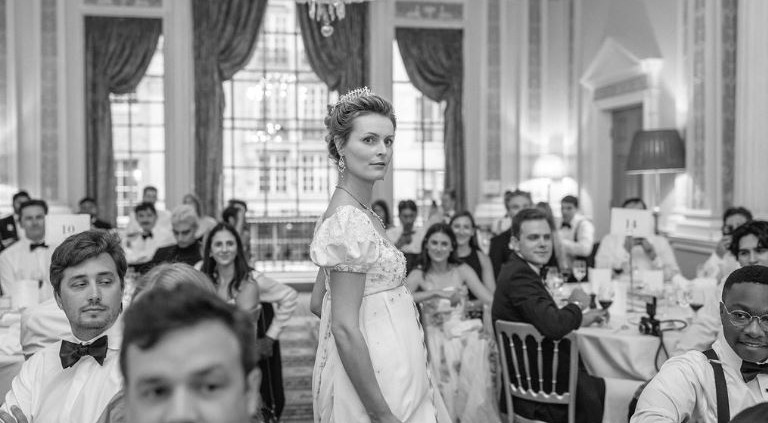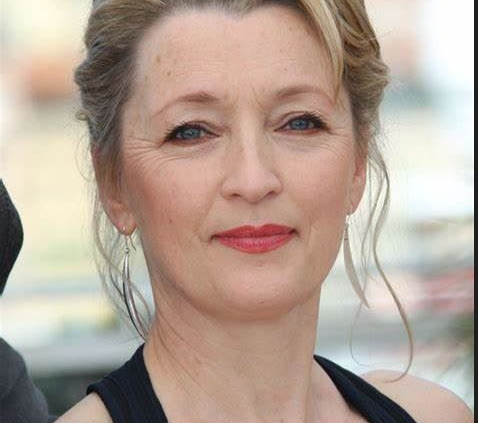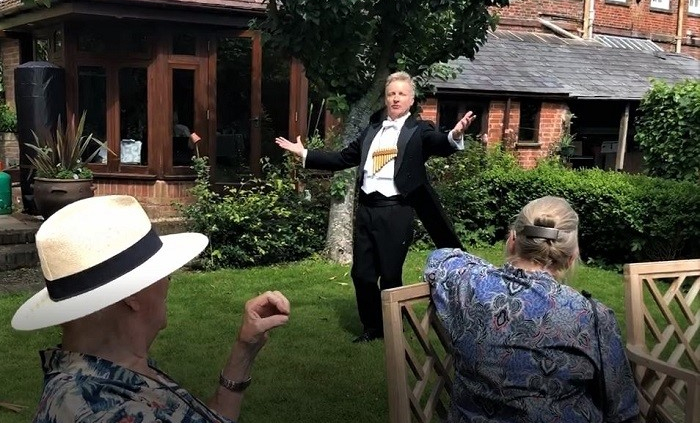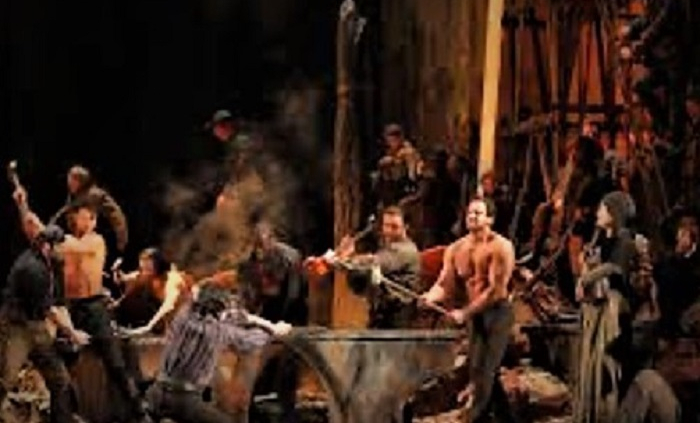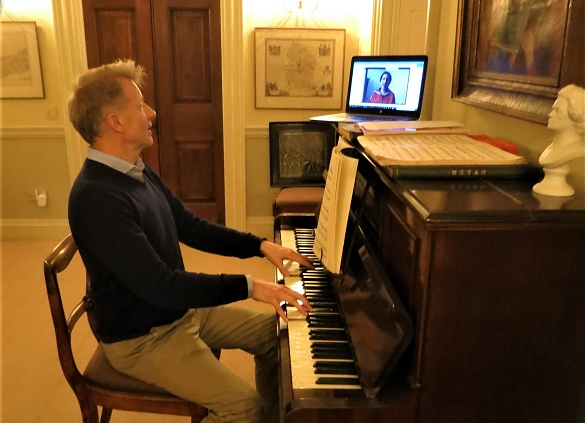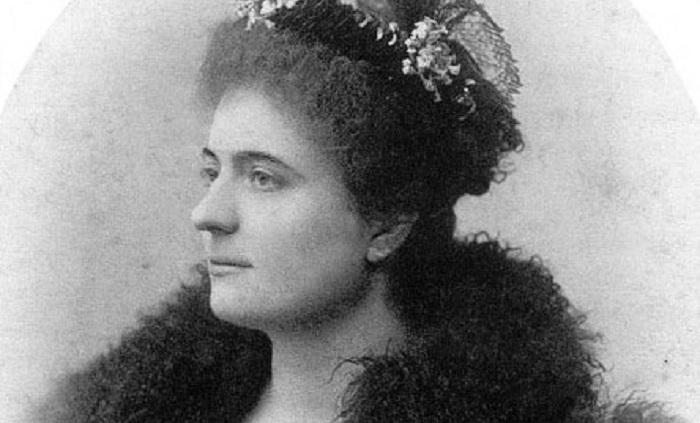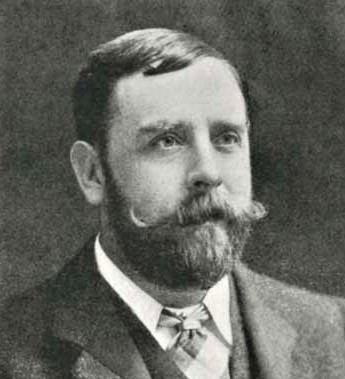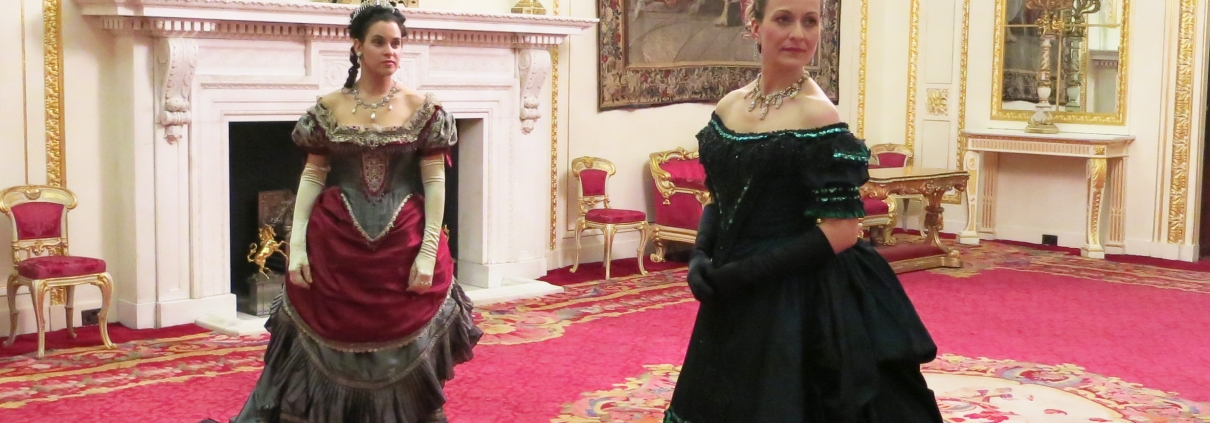Frank Matcham (1854 – 1920) must be the most
distinguished and prolific late 19th century theatre designer. The writer Alan Bennett has commented that there
was a Matcham theatre (too many of his theatres have sadly been demolished) in
every corner of the UK. Across the country
in Brighton, Portsmouth, Morecambe, Leeds, Nottingham and Newport and in London
his theatres include the Coliseum, Palladium and Hackney Empire, to name but a
few. London Festival Opera has had the
pleasure and thrill to perform in several of Matcham’s most magnificent
theatres including the Buxton Opera House and Grand Theatre Blackpool.
Matcham married the daughter of his tutor, Maria Robinson,
and had two daughters Eveline and Constance.
He had a great interest in music and owned a Stradivarius violin though
he humbly admitted that he ‘wasn’t particularly good at it’. He also loved to stage amateur dramatics and
the ‘family troupe’ would present theatrical performances for their neighbours and
friends in the intimacy of his home – somewhat ironically as he had designed
some of the world’s greatest large scale theatres!
There is something very special about performing in
a period theatre and we usually perform in period costume. For a Frank Matcham theatre this would be
Victorian or Edwardian evening dress. For
the audience the effect is like going back in time both aurally, in the repertoire
of Handel, Mozart, Rossini, Verdi and Puccini, and visually with our set and
costumes.
It is always a thrill to arrive in a Victorian venue
where the back-stage and dressing rooms maybe a little shabby but make up for
that by having such atmosphere and there is a sense that many, many starts and
celebrities will have appeared in the theatre – from Lilly Langtry to Ken Dodd! Modern theatres are lovely and comfortable,
but there is something very special about arriving, rehearsing, changing and
performing in a period theatre – especially when they are designed by the great
Frank Matcham. For more details see the
excellent website for the Frank Matcham Society www.frankmatchamsociety.org.uk
